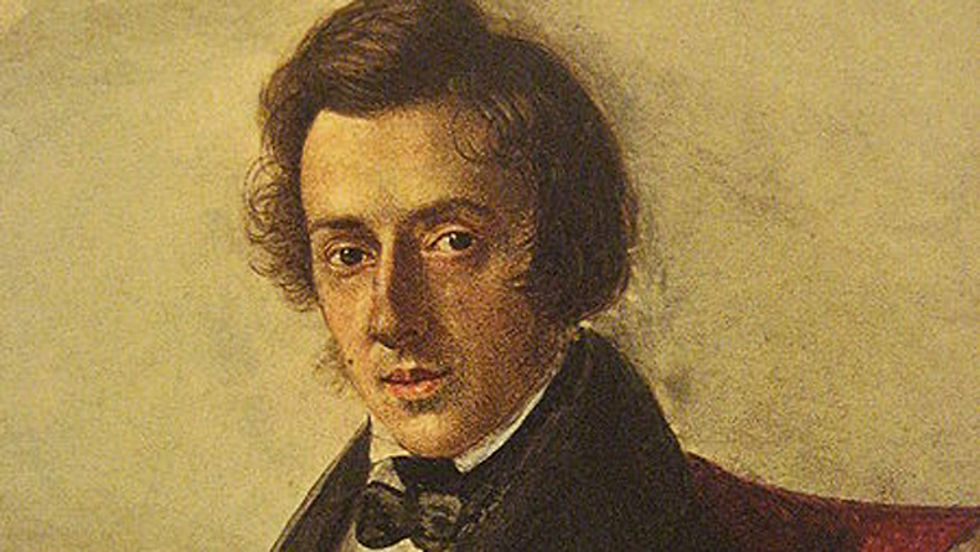Bill W., LSD, and the Quest for Spiritual Recovery: A Deep Dive into Sober Curiosity
- Soberdelic

- Sep 25, 2023
- 4 min read

The world of alcohol recovery has seen myriad treatments, therapies, and interventions. From rehab facilities to detox programs, the path to sobriety is as diverse as the individuals seeking it. One of the most transformative movements in the sphere of alcoholic recovery is Alcoholics Anonymous (AA). Founded in 1935 by Bill W. (Bill Wilson) and Dr. Bob Smith, AA has offered solace, community, and a structured path to millions battling alcoholism. Central to AA’s approach is the belief in a transformative spiritual experience – a moment of clarity that can be a turning point in an alcoholic's journey. This belief traces back to Bill W.’s personal story, one filled with challenges, introspection, and moments of profound insight.
But what many may not know is that in the 1950s, Bill W. ventured into the then-little-known realm of LSD, driven by sober curiosity and the hope of providing a shortcut to the profound spiritual experiences he believed vital for true recovery. This journey into the psychedelic world provides a fascinating footnote in the annals of alcohol recovery history.
Alcoholics Anonymous and the Spiritual Foundation
Before diving into Bill W.'s exploration of LSD, it's essential to understand the foundational spiritual experience that played a pivotal role in his recovery and the inception of AA. Hospitalized and desperate, Bill experienced a radiant vision and felt an overwhelming sense of presence, which he interpreted as a Higher Power. This moment was transformative, instilling in him not only a newfound clarity but also an indomitable will to help others escape the clutches of addiction.
The spiritual awakening Bill underwent is now embedded in AA's 12-step program, emphasizing surrender to a higher power and the significance of spiritual rebirth.
The Rise of LSD and its Therapeutic Potential
Fast forward to the 1950s, a time when the medical and psychological community was abuzz with excitement about a novel substance: lysergic acid diethylamide or LSD. Initially developed by Albert Hofmann in the late 1930s, by the 1950s, LSD was being researched for its potential therapeutic benefits. Scientists believed that this psychedelic substance could unlock the mysteries of the mind, offer profound therapeutic insights, and perhaps even replicate spiritual experiences akin to the one Bill had had.
For those immersed in the world of alcoholic recovery, this was a potentially groundbreaking discovery. Could there be a substance that could facilitate the profound, transformative spiritual experiences crucial to sobriety?
Bill W.'s Sober Curiosity and Exploration of LSD
Enter Bill W., a man whose life had been marked by an unyielding quest for solutions to the enigma of alcoholism. Introduced to LSD through a medically supervised program, he embarked on a series of sessions, hoping to understand the substance's potential for alcoholic recovery.
His experiences with LSD were nothing short of transformative. Bill reported profound feelings of interconnectedness, insights into the human psyche, and a deep sense of spiritual unity. The boundaries that separated him from others seemed to dissolve, offering a glimpse into a world of universal oneness.
To Bill, the implications for alcoholic recovery were clear. If LSD, under controlled and supervised settings, could provide alcoholics with a shortcut to the spiritual awakenings he considered pivotal, it could revolutionize the journey to sobriety.
Sober Curiosity: The Intersection of Spirituality and Recovery
The term "sober curiosity" has gained traction in recent years, reflecting an increasing interest in abstaining from alcohol not necessarily due to addiction but as a lifestyle choice, driven by curiosity about the benefits of a sober life. While the term is modern, the essence of sober curiosity can be traced back to pioneers like Bill W. His exploration of LSD was, in many ways, an early manifestation of this mindset – a quest to understand and experience consciousness, spirituality, and personal growth without the haze of alcohol.
His journey into the world of LSD was driven by a blend of personal experience and a deep commitment to finding avenues that could assist those on the path of alcoholic recovery. While today's sober curious movement leans more towards mindfulness practices, wellness, and holistic health, its core is not far removed from Bill's experiments: the pursuit of clarity, spiritual connection, and optimal well-being.
The Legacy and Lessons of Bill W.'s LSD Exploration
Despite the promise he saw in LSD, Bill W. was also acutely aware of the controversies surrounding its use. He understood that introducing a psychedelic into the AA framework could be met with skepticism, if not outright resistance. Furthermore, he recognized the potential risks, including dependency on a substance to achieve spirituality.
Ultimately, while he personally found value in his LSD experiences, Bill chose not to push for its integration into AA's program, respecting the broader AA community's concerns.
His exploration serves as a testament to the lengths pioneers in alcoholic recovery are willing to go to find solutions. It underscores the significance of open-mindedness, innovation, and the relentless pursuit of understanding in the realm of sobriety.
For those today embracing the sober curious movement, or anyone seeking deeper understanding and connection in their lives, Bill W.'s story serves as an inspiration. It's a reminder of the untapped depths of human consciousness, the myriad paths to spiritual discovery, and the importance of continually seeking, questioning, and growing on one's journey to well-being.




Comments